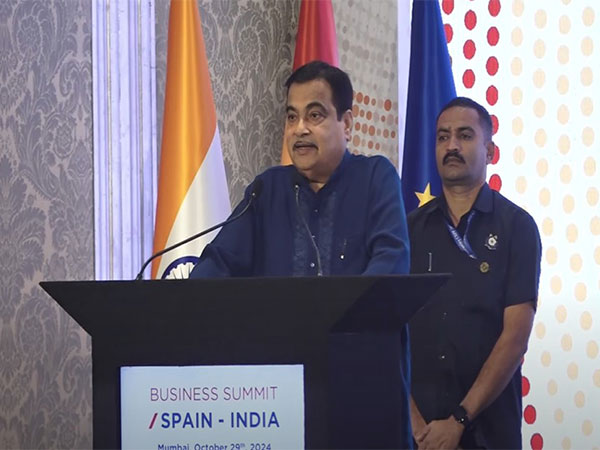Gadkari Aims to Make India the Top Global Automobile Hub in a Decade
Union Minister Nitin Gadkari, at the Spain-India Business Summit in Mumbai, detailed plans to position India as a global automobile leader. Leveraging low production costs, infrastructure advances, and sustainable technology, India aims to surpass global competitors within a decade.

- Country:
- India
In a robust declaration at the Spain-India Business Summit in Mumbai, Union Minister for Road Transport and Highways, Nitin Gadkari, articulated a visionary strategy to propel India into the vanguard of the global automobile sector within the next decade. Buoyed by competitive advantages such as favorable production costs and efficient labor, Gadkari conveyed his confidence in India's emerging role on the world stage.
Highlighting the comparative scale of India's automobile industry, currently at Rs 22 lakh crore, against China's Rs 44 lakh crore and the United States' Rs 78 lakh crore, Gadkari stressed the ambition to outstrip these global leaders. He acknowledged high logistic costs as a principal challenge, but shared optimism as India's infrastructure developments promise to lower these expenditures significantly.
Gadkari also spotlighted India's advancements in sustainable technologies and energy independence. He emphasized innovative efforts in water and waste management and discussed strides made in producing alternative fuels and biofuels. Recent progress in the electric vehicle segment underscores India's commitment to reducing fossil fuel imports, aligning with the broader goal of economic and ecological self-reliance.
(With inputs from agencies.)
ALSO READ
Securing Indonesia’s Public Infrastructure Against Disasters Through Insurance Models
ADB Approves $200M Loan to Modernize Power Distribution Infrastructure in Pakistan
Escalating Tensions: Ukraine Targets Russia's Oil & Infrastructure
Development Finance Leaders Call for Greater Private Sector Mobilization in African Infrastructure Projects
TIVOLT Partners with Tata Power to Energize EV Charging Infrastructure










